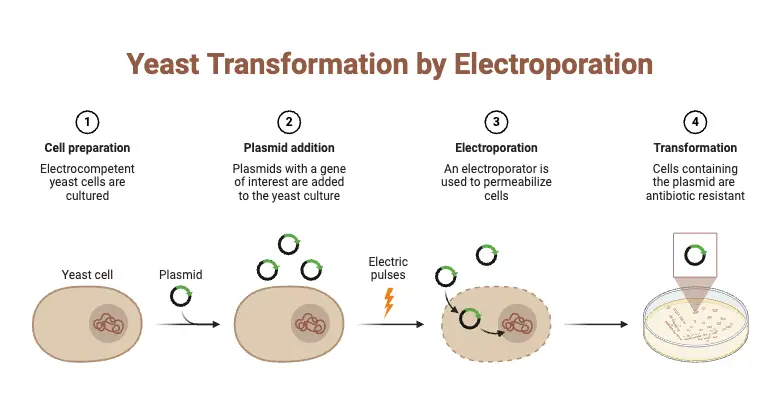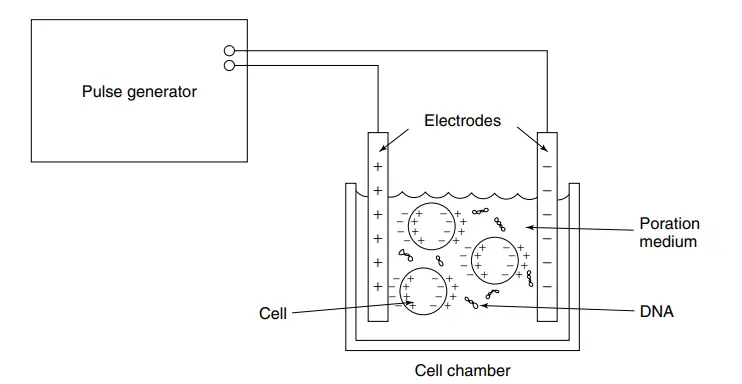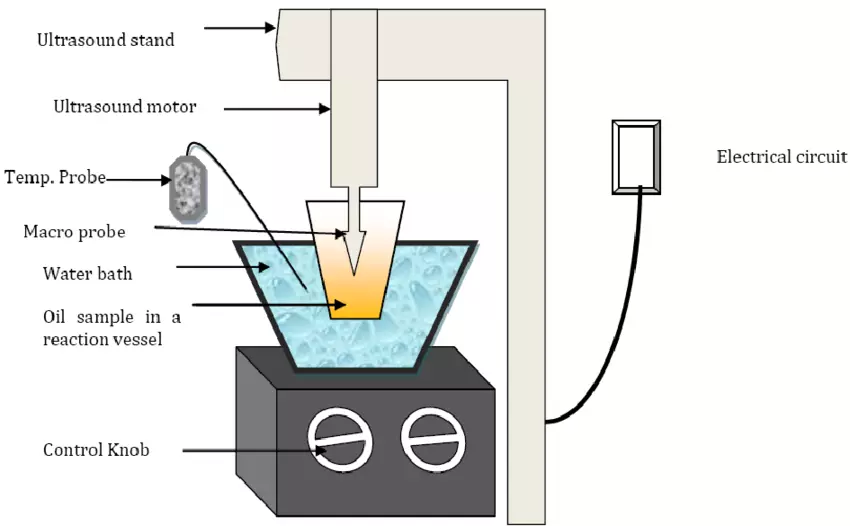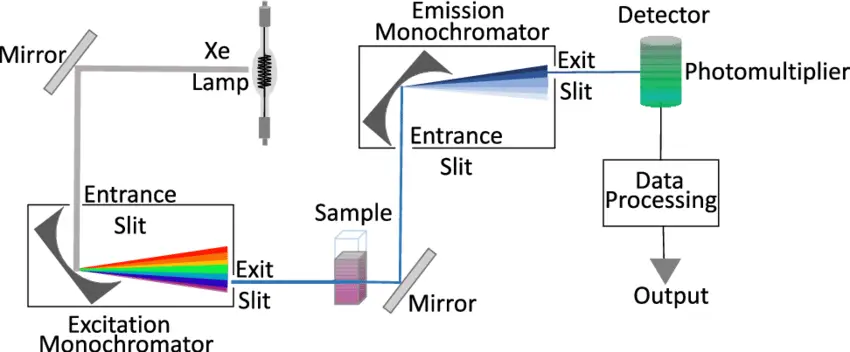Electroporation – Principle, Steps, Applications
What is Electroporation? Electroporation is a fascinating technique that temporarily makes cell membranes more permeable by applying brief electric pulses. This method, widely used in labs and medical settings, allows substances like DNA, drugs, or proteins to enter cells by creating tiny pores in the membrane. Imagine zapping cells with a controlled jolt of electricity—this … Read more









